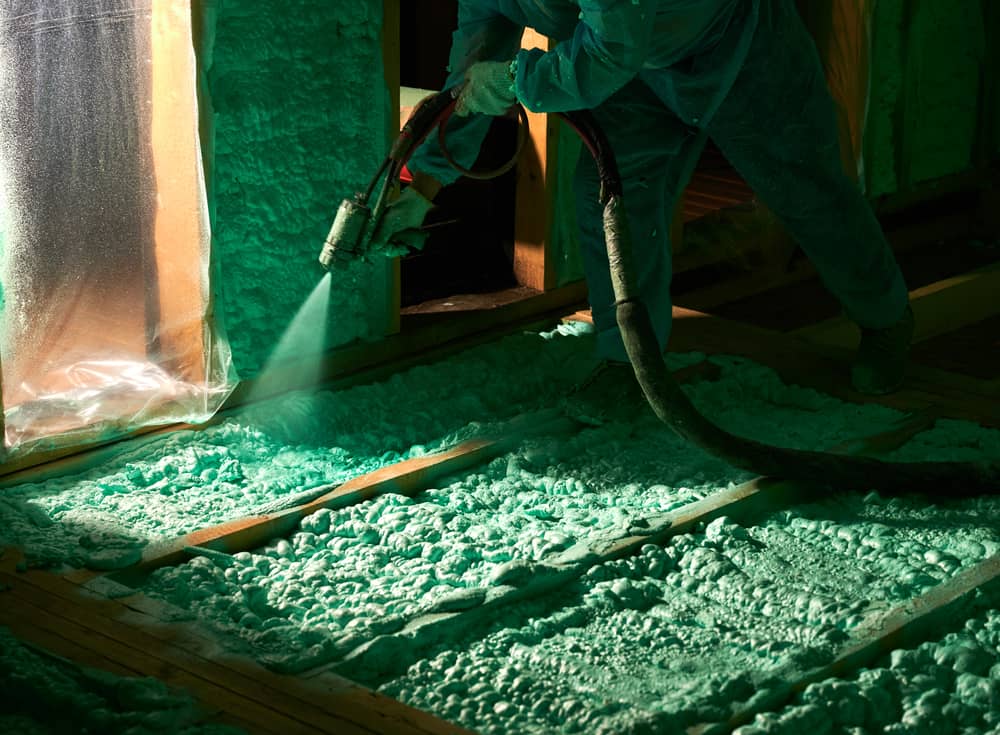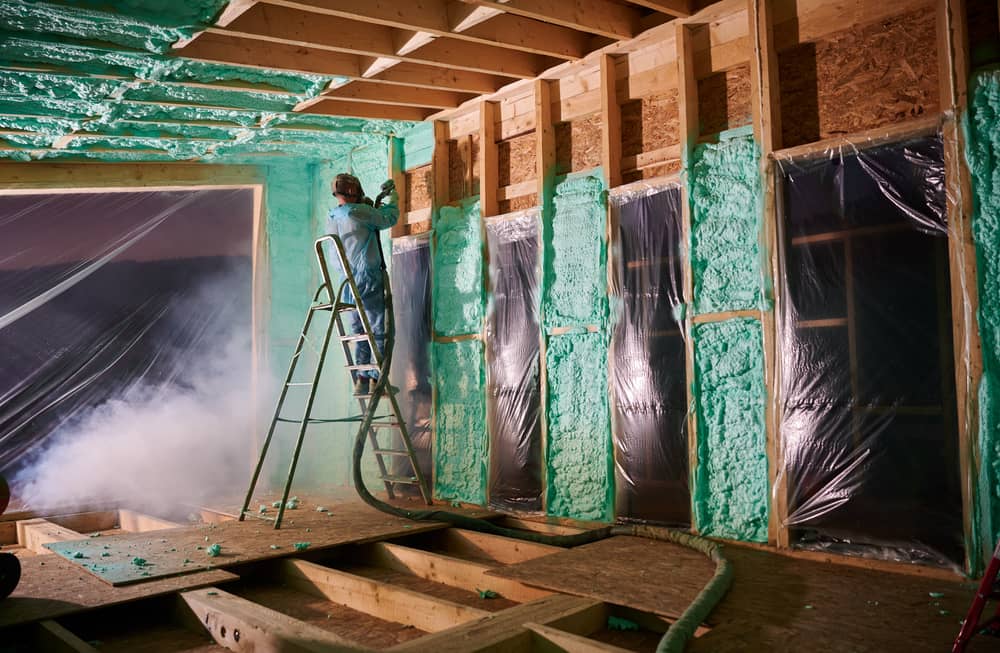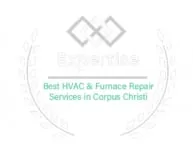Understanding the Role of Insulation in Home Efficiency
Before getting into the myriad advantages, it’s important to understand the fundamentals of insulation. Insulation comprises components that slow the pace at which heat enters or exits your property. This thermal barrier is essential not only for keeping a suitable internal environment but also for making sure your house runs smoothly throughout the seasons. Effective insulation works by trapping pockets of air and reducing heat transmission via walls, ceilings, as well as floors. As a consequence, your house stays cozy in the winter as well as cool in the summer, creating a constantly pleasant living environment.
This stability contributes to an appealing environment in which temperatures are naturally adjusted, eliminating the need for heating and cooling equipment and creating a more energy-efficient house. The careful use of insulation materials in the attic, walls, and floors may considerably improve this impact, making it an essential component of contemporary home design and remodeling.
Key Benefits of Attic Insulation
Improved Thermal Comfort
One of the major benefits of attic insulation is increased thermal comfort. Insulation in the attic aids in maintaining a consistent temperature throughout the house, limiting the occurrence of hot or cold spots that may occur in uninsulated homes. The uniform temperature distribution makes living more comfortable regardless of the season.
Cost Savings on Energy Bills
Insulation greatly alleviates the burden on your heating and cooling unit by reducing the amount of heat entering during scorching summer and departing during chilled winter. This efficiency translates directly into decreased energy expenditures, making insulation an affordable house upgrade.
Extended HVAC Lifespan
Insulation indirectly extends the longevity of your heating and cooling systems by lowering their operating demands. Reduced loads on HVAC units mean less wear and tear over time, delaying costly repairs or replacements in future years.
Insulation and Energy Efficiency

Optimizing Energy Usage
Insulation is an integral component of optimizing energy usage in the home. It serves as a thermal barrier, decreasing how much energy HVAC takes to heat or cool a property, saving both energy and money!
Environmental Impact
Improved insulation can directly translate to lower energy usage and thereby contribute to a cleaner environment. Insulation lowers fossil fuel usage by decreasing demand for energy generation, ultimately alleviating your carbon footprint.
Enhanced Indoor Air Quality
Long-Term Benefits of Insulation
Increased Property Value
Homes with enhanced insulation tend to be more appealing to prospective purchasers. This is because of the associated energy savings and comfort improvements. Investing in superior insulation may boost your home’s market value, making it an economical long-term investment.
Noise Reduction
Insulation also acts as an efficient sound barrier, limiting noise transmission from outside and between various rooms and levels inside the house. This is especially useful in busy areas or for homes with erratic schedules, as it contributes to a calmer and more tranquil living environment.
Moisture Control
Another big benefit of excellent insulation, particularly in the attic, is moisture management. Insulation serves to prevent the growth of moisture and mold, both of which are frequent in houses without appropriate insulation. Insulation maintains the structural integrity of your house and reduces the possibility of mold development.









